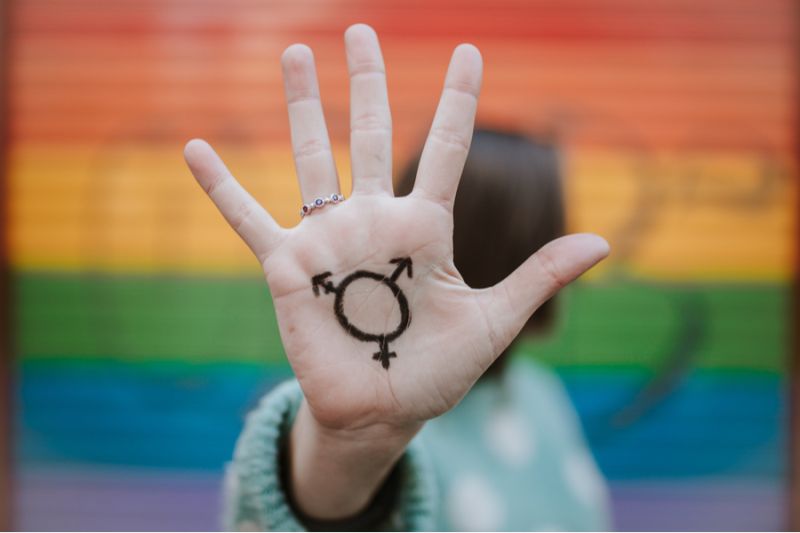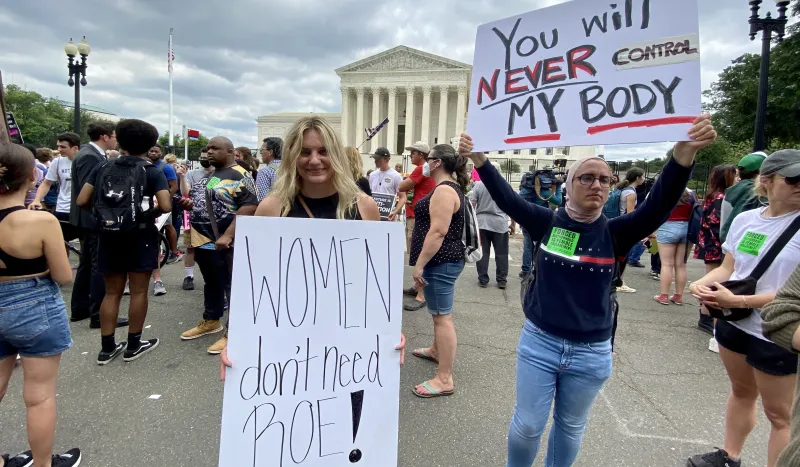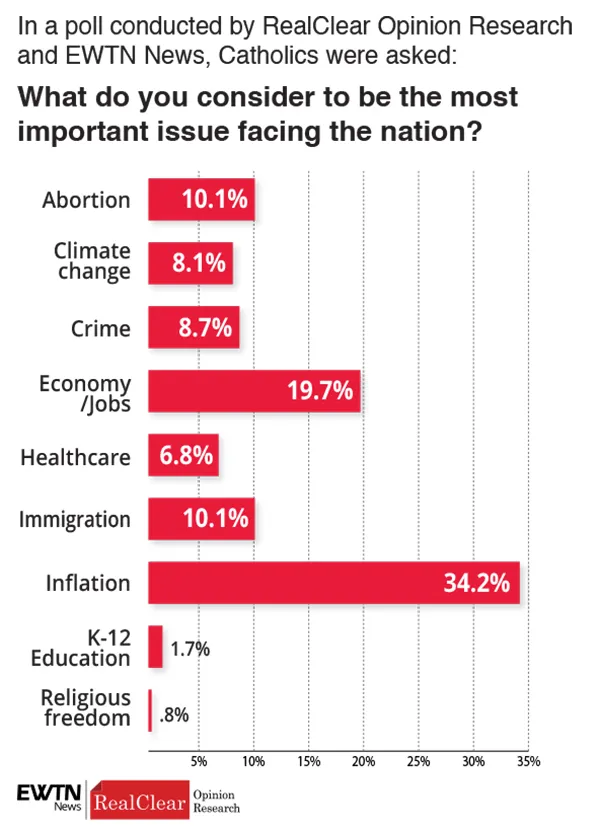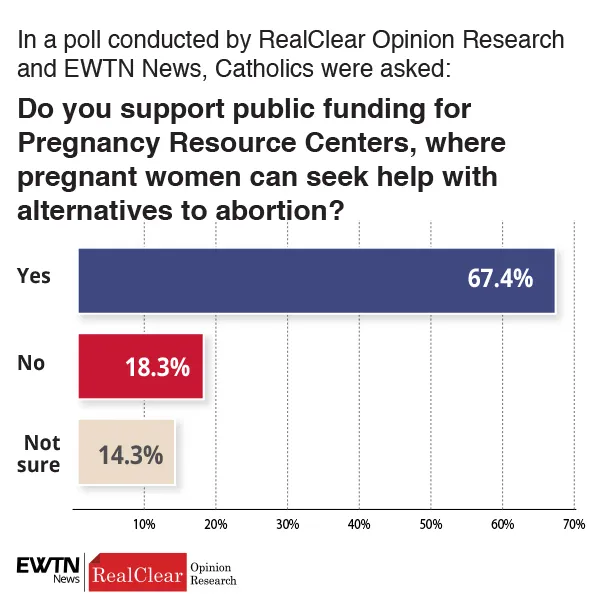
Denver, Colo., Apr 6, 2023 / 14:15 pm (CNA).
Idaho and Indiana have banned “gender-affirming care” for minors, joining 11 other states that have made it illegal to provide cross-sex hormone therapies, puberty blockers, and purported gender transition surgeries to those under age 18.
“Permanent gender-changing surgeries with lifelong impacts and medically prescribed preparation for such a transition should occur as an adult, not as a minor,” Indiana Gov. Eric Holcomb said upon signing the ban into law on Wednesday.
Indiana’s House of Representatives approved the legislation, S.B. 480, by a vote of 65-30, while the Senate passed the bill 36-12. Both bodies are Republican-controlled.
The bill bans providing minors hormone therapies, puberty blockers, or purported gender transition surgeries, also known as sex-change surgeries. Violation of the law can result in a civil action from an individual who has received the drugs or procedures or his or her legal guardian.
Idaho Gov. Brad Little signed similar legislation late Tuesday.
“In signing this bill, I recognize our society plays a role in protecting minors from surgeries or treatments that can irreversibly damage their healthy bodies,” Little said. “However, as policymakers we should take great caution whenever we consider allowing the government to interfere with loving parents and their decisions about what is best for their children.”
Under the Idaho law, any physician who provides the purported gender-affirming care to a minor could face up to 10 years in prison.
Backers of the Indiana bill, including the Alliance Defending Freedom legal group, said there are serious questions about whether minors can give informed consent to the practices and drugs.
“Science and common sense tell us that children are not mature enough to properly evaluate the serious ramifications of making certain decisions, including the decision to undergo dangerous and likely sterilizing procedures,” Alliance Defending Freedom Senior Counsel Matt Sharp said April 5.
As many as 0.7% of U.S. adults identify as transgender, Gallup reported based on data from 2021. Among those born from 1997 to 2003, as many as 2.1% self-identify as transgender, though it is unclear how many receive “gender-affirming care” as minors.
Both practitioners and critics of “affirming” care have voiced concern that pediatric patients may have underlying mental health issues or a self-perceived identity that changes over time.
According to an Oct. 6, 2022, Reuters report, “puberty blockers and sex hormones do not have U.S. Food and Drug Administration approval for children’s gender care. No clinical trials have established their safety for such off-label use. The drugs’ long-term effects on fertility and sexual function remain unclear.”
In 2016, the FDA ordered companies that make puberty blockers to add warning labels about the drugs’ potential to cause psychiatric problems after receiving numerous reports about children becoming suicidal after taking them. More warnings followed in 2022 about puberty blockers and the risks of brain disorders, impaired vision, and more.
The National Institutes of Health states that “the evidence is limited” on the short- and long-term health risks of puberty blockers, especially for concerns about fertility and cognitive development.
The U.K.’s National Health Services has put forward a new care model for children based on evidence that “in most cases gender incongruence does not persist into adolescence” and “may be a transient phase.” Various studies indicate more than 80% of children who experience gender dysphoria could desist without intervention.
The Indiana Family Institute praised the state legislation, calling it the “Help, Not Harm Bill.”
“Rather than helping to heal the minds of young people struggling with gender confusion, medical activists in Indiana are destroying their bodies. This bill would protect minors from these gruesome and dangerous practices and help parents who are bullied into consenting,” the institute said March 29.
The drugs and procedures are presently available through multiple Indiana providers including Planned Parenthood, Riley Children’s Hospital, and two other major hospitals.
“They bully parents into consenting by falsely claiming that their children will commit suicide if these harmful and expensive procedures are refused,” the Indiana Family Institute said.
“Gender-affirming care” has major backers, however. Foes of the Indiana bill included the American Medical Association and the American Academy of Pediatrics.
The Human Rights Campaign, an influential LGBT lobby group, says on its website that puberty blockers are “safe” and “fully reversible.” They contend they are “life-saving” due to increased well-being and decreased depression, with some studies indicating a 70% reduction in the risk of suicide.
The organization contends that “gender-affirming” cross-hormones are “typically not proscribed” until a person is 18. It said “top surgeries” to change the chest are performed “in very rare exceptions” for “16- or 17-year-olds who have been consistent and persistent in their gender identity for years, have been taking gender-affirming hormones for some time, and who have approvals from both their parents and doctors.”
Some prominent objections to “gender-affirming care” have come from older teens and adults who say they were wrongly put through gender transition. Chloe Cole, a California teenager, told CNA she was first exposed to gender ideology through social media at the age of 11. She soon started to identify as transgender. At age 13 she was put on puberty blockers and prescribed testosterone. She underwent “top surgery,” a double mastectomy, at age 15. At age 16, she realized she had made a mistake and started a long period of grief.
On April 5 the American Civil Liberties Union of Indiana filed a lawsuit challenging the new state ban.
“Gender-affirming care is life-saving care for our clients, and they’re terrified of what will happen if this law is allowed to take effect,” said Ken Falk, ACLU of Indiana legal director. “No child should be cut off from the medical care they need or denied their fundamental right to be themselves — but this law would do both.”
The American Civil Liberties Union of Idaho is seeking plaintiffs to challenge the new law there.
Besides Indiana and Idaho, at least 11 states have banned the drug treatments and surgeries on minors: Alabama, Arkansas, Arizona, Georgia, Iowa, Kentucky, Mississippi, Tennessee, Utah, South Dakota, and West Virginia. However, federal judges have blocked enforcement of the laws in Alabama and Arkansas, the Associated Press reported.
If you value the news and views Catholic World Report provides, please consider donating to support our efforts. Your contribution will help us continue to make CWR available to all readers worldwide for free, without a subscription. Thank you for your generosity!
Click here for more information on donating to CWR. Click here to sign up for our newsletter.







Leave a Reply